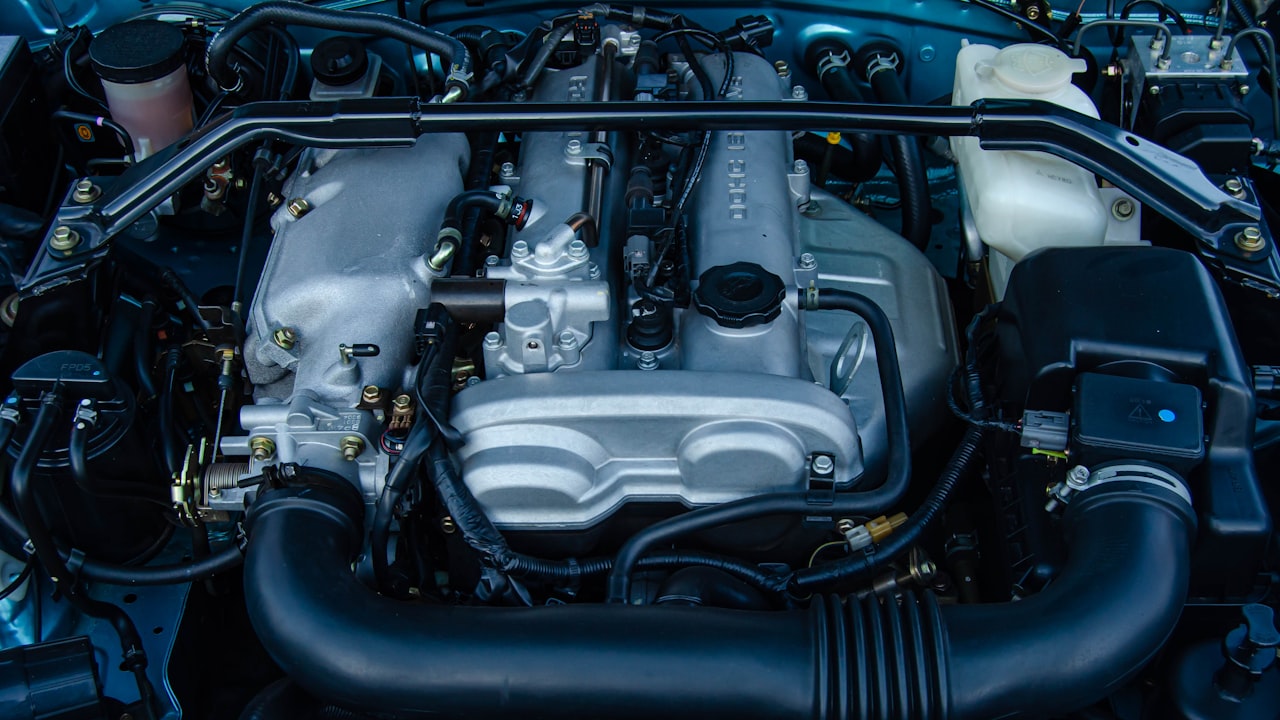The oil pan is a crucial part of an engine that serves several purposes to maintain the engine’s smooth operation. The oil pan is essential to preserving the longevity and performance of the engine since it serves as a heat sink and protects the engine from contaminants.
The oil pan plays an important role in ensuring that the engine of a vehicle performs at its optimal level. By the end of this article, readers will have a clear understanding of the oil pan’s significance in keeping their vehicles’ engines running efficiently. You can consider and get link coupon of a-premium to have the vehicle and replace parts.
Importance of Oil in Engine Performance
It is crucial to comprehend the significance of oil in engine performance before delving further into the function of an oil pan. The engine contains a lot of moving elements that need lubrication to operate properly. The metal components of the engine rub against one another when it is running, causing friction and heat to be produced.
To minimize wear and tear on the engine, oil is used to lubricate the moving parts and reduce friction. Oil also aids in cooling the engine by absorbing and releasing the heat produced during combustion.
How the Oil Pan Helps In Engine Performance
An essential component of the engine, the oil pan assists in engine performance in several ways. Here are some of the critical roles that an oil pan plays:
Lubrication
The main function of an oil pan is to hold and supply oil to the engine. Oil is fed to the engine from the oil pan to lubricate the working elements of the engine. Less friction and engine wear and tear arising from the oil’s creation of a thin film between the metal surfaces. Without enough oil, the engine would quickly wear out and require costly repairs.
Cooling
The oil pan keeps the engine cool by absorbing and dissipating heat away from the engine. The components of the engine generate heat while running, which can cause the engine to overheat. Without adequate cooling, the engine would overheat, which could cause severe damage.
Contaminant Protection
The oil pan shields the engine from impurities like dust, debris, and metal shavings. The engine produces a lot of junk when it is operating, and if any of it goes into the oil, it could harm the engine. To ensure that only clean oil is fed to the engine, the oil pan features a filter that eliminates these impurities from the oil.
Corrosion Prevention
The oil pan helps keep the engine from corroding. A lot of heat is produced when the engine is running, and this heat can eventually cause the metal parts to corrode. The oil in the oil pan has additives that assist keep the engine from corroding and increase its lifespan.
Sealing
Additionally, the oil pan aids in engine sealing and guards against oil leaks. At the bottom of the engine is the oil pan, which is secured to the engine block by a gasket. The gasket makes sure that the oil does not seep out of the oil pan, which can harm the engine.
Noise Reduction
Additionally, the oil pan lessens engine noise. The engine makes a lot of noise when it’s running, which can be both bothersome and distracting. Since some of this noise is absorbed by the oil in the oil pan, the engine is quieter and more enjoyable to drive.
Wear And Tear Prevention
Finally, by ensuring that the engine has enough oil, the oil pan helps to prevent wear and tear on the engine. Oil is consumed by the engine while it is operating, and if the oil level is low, the engine may wear out more quickly. The engine has enough oil in the oil pan to adequately lubricate the moving parts because the oil pan holds a suitable volume of oil.
Conclusion
The oil pan is essential for ensuring that an automobile’s engine operates as efficiently as possible. You can extend the life of your engine and make sure that your automobile runs smoothly for many years by taking good care of the oil pan.
